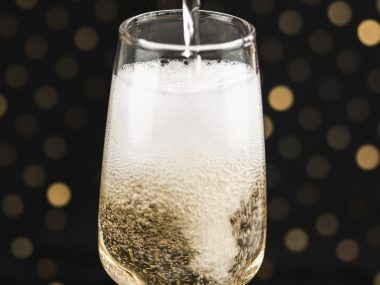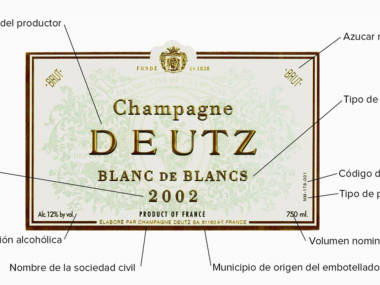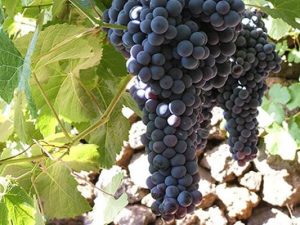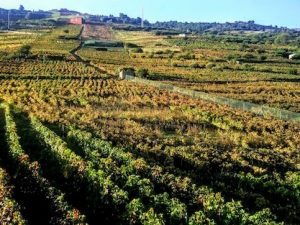In winter our diet changes and so do the wines that accompany it. Although we know that wines can be drunk at any time of the year, it is true that the cold weather invites us to drink wines that are not as fresh and light as those we usually prefer in summer, but rather deep, creamy, with more structure and complexity.
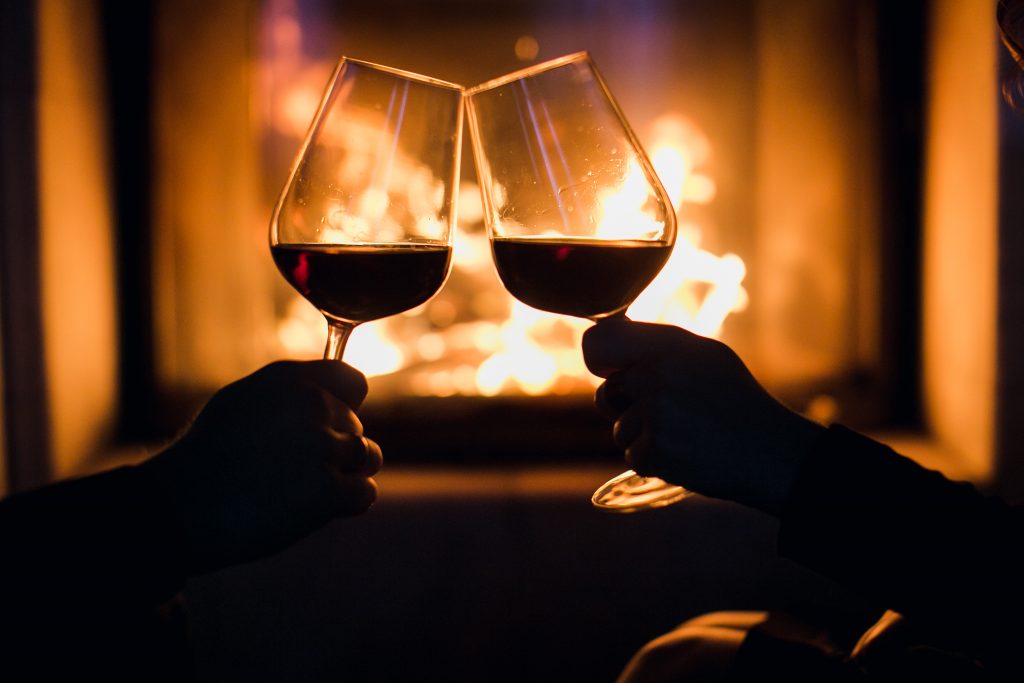
During these months, our meals tend to be dominated by strong meats, rice dishes, pasta, stews and casseroles. In the case of inveterate fish lovers, in winter they usually opt for baked fish, with seasonal vegetables or broths. As for cheeses, the ideal option is to opt for mature or blue cheeses.
In any case, the common denominators in the dishes of this season are often the fact that they are calorific and consistent, while at the same time offering strong and persistent flavours, complexity and a lot of presence.
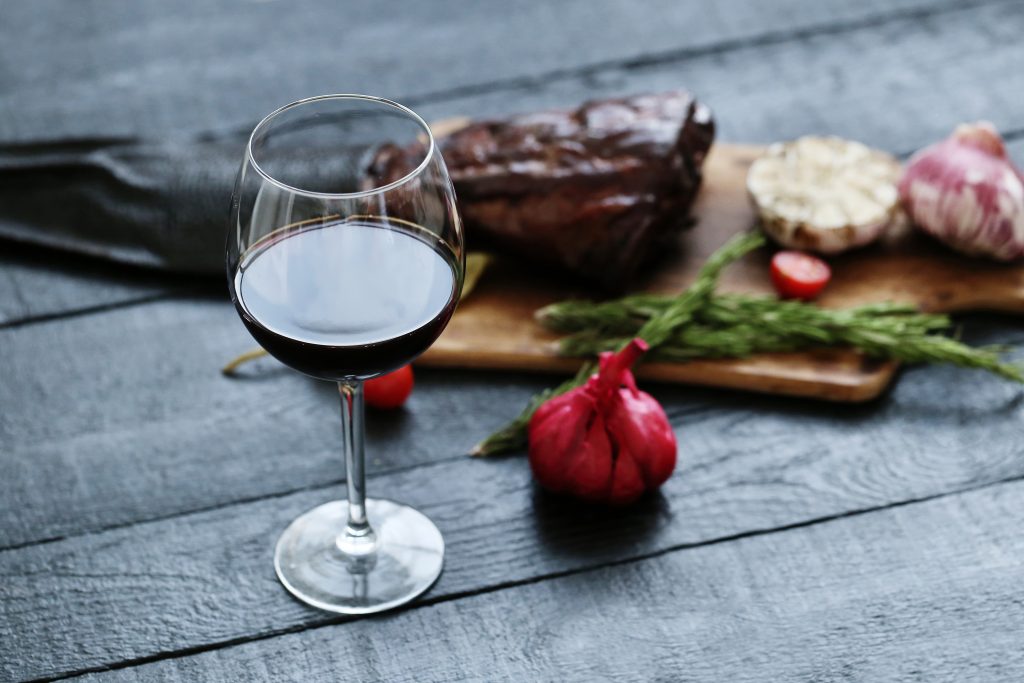
A small tip to bear in mind in winter is that wines should ideally be drunk at an average temperature of 17 degrees, preferably at room temperature and not chilled.
Bearing this in mind, what types of wines are ideal to accompany these dishes? How does our wine cellar change during the winter?

In addition to sparkling wines, which are indispensable for toasting during the festive season, we tend to look for wines that will warm us up, for which a medium or high alcohol volume can help. Wines with ageing time, revealing body and complexity, are also welcome.
White wine, a great companion
One of the great myths about wine and the weather is that white wine is only to be drunk during the summer. This may be the case for those that are fragrant and light, but full-bodied, creamy and structured white wines can be great companions during the winter.
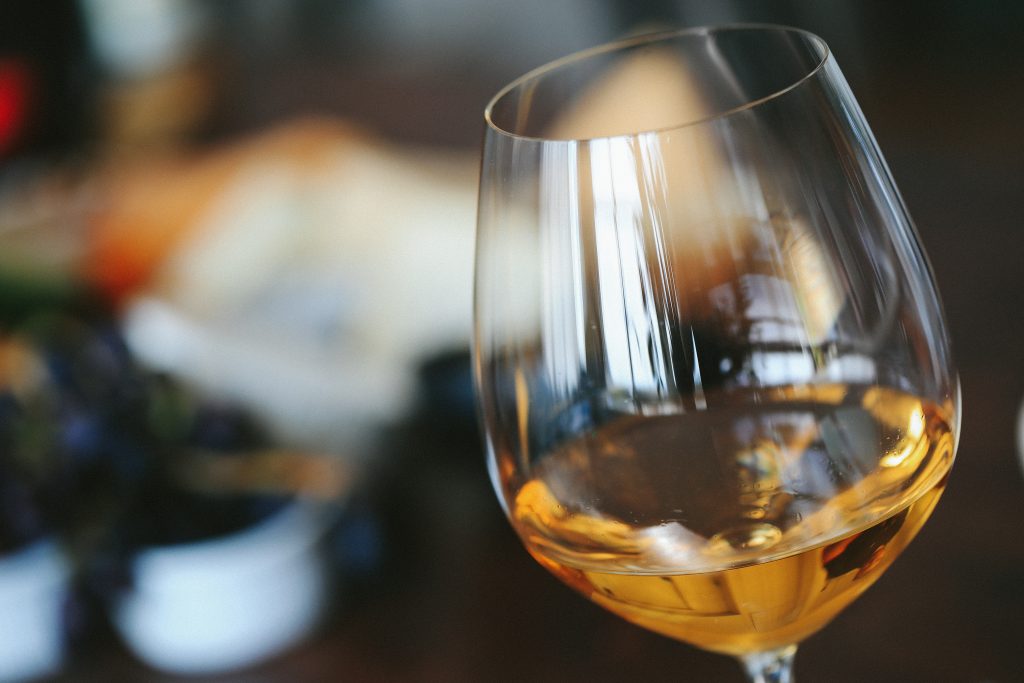
We are talking about “white wines with the soul of a red“, that is, those that stand out for their concentration, density and opulence. They are rich and concentrated wines, made from ripe grapes and an excess of oak ageing.
Red wine, an indisputable choice
Red wine is always a good choice for cool climates. In general terms, at this time of the year, we will tend to prefer those that are full-bodied, full-bodied, with a greater amount of tannins, ageing time (preferably in wood) and alcohol content.
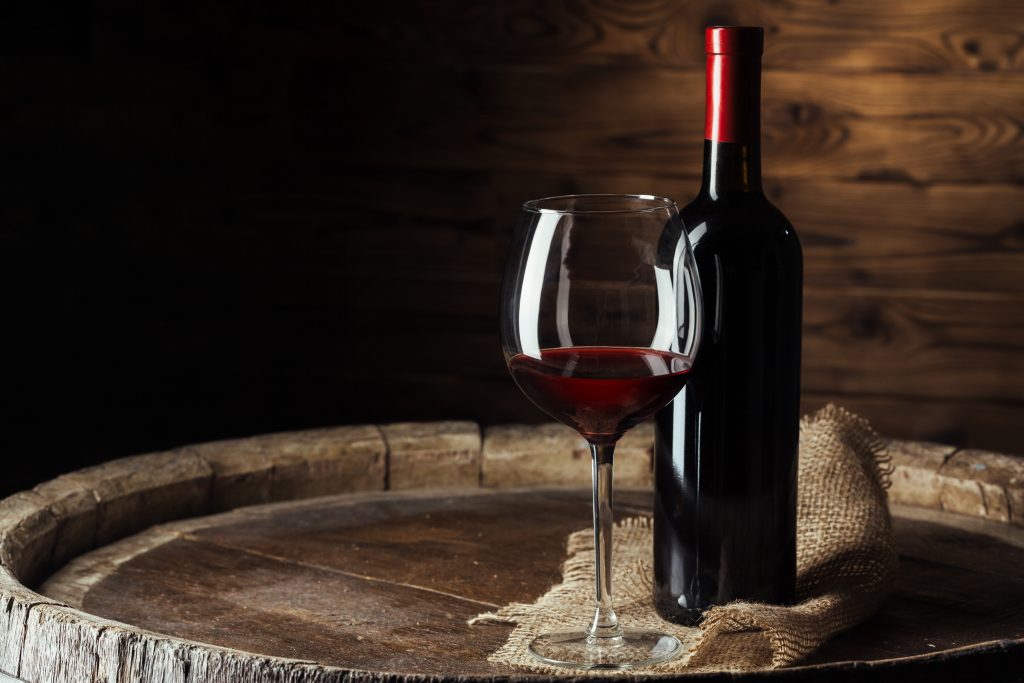
However, this does not mean that young wines cannot be great companions for these cold days. As we said before, red wine in general is a good choice for this time of the year. Of course, you will surely appreciate that, although it is a young wine, it has some time of ageing in oak.

